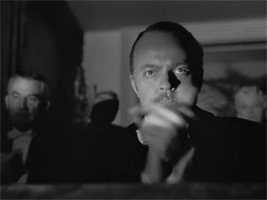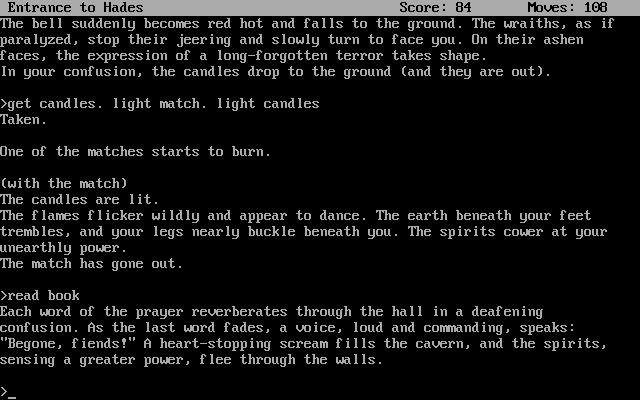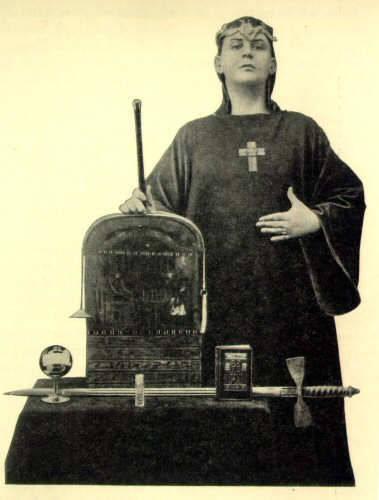Bruma Hobo
Lurker
- Joined
- Dec 29, 2011
- Messages
- 2,481
I had to laugh when I read about how Ultima 4 was made as a consequence of Garriott trying to disprove the claims of the Satanic Panic crowd and their ilk that video games are evil and only negatively effect their audiences. Even though he supposedly didn't give them much credence he nevertheless was "deeply" troubled by this perspective on video games so he decided to subvert expectations and make the game about the virtues and so on. In my mind I thought "there is no fucking way that clown came up with such a genius idea" never mind its execution, and reading this thread puts the whole history of those games (and several others!) into a clarified perspective that makes much, much more sense. Can't believe I wasn't more familiar with Roe; I'd encountered the name but had no idea about most of this.This all makes so much sense.
U3 is the work of an autistic basket case who still lives with his mother. Then suddenly U4 is this amazingly literate masterpiece. I used to read interviews with Garriott and have trouble believing this chronic masturbator running around in a fake chainmail suit waving a wooden sword calling himself "Lord British" could possibly have authored a game of such quality. U4 was the work of a mature wise head with a very broad perspective.
Answers to many questions I have had for years.
Garriott once claimed that he can't even remember how Ultima IV ends, or even what was at the bottom of the Stygian Abyss. Now, that's not particularly rare among game developers who quickly design isolated scenarios and move on, but in this particular case it feels ridiculous since that's possibly one of the best puzzles ever conceived in gaming history.
In case you need a quest compass:
The final puzzle to beat the game right after defeating a party of doppelgangers can only be solved after meditating in all the shrines to get pieces of the word of the pure axiom, that is Infinity, meaning God. It implies that the game's actually about figuring out religion through an arduous spiritual journey, rather than just being reactive to external threats or a convenient evil entity like in any other RPG, and that your own biggest enemy is yourself.
I always thought that Garriott became an actual SJW and fedora-tipper after finishing the game, that he was actually ashamed of the meaning of this final puzzle so he was trying to memory-hole it, and that in latter games in the series he was kind of apologizing for making it (Ultima VI for instance is about the so called civil rights movement, in this game the underworld's problems are consequence of retrieving the Codex in Ultima IV, that is, believing in self-responsibility and righteousness; baizuo culture and white guilt was indeed already a thing even back in 1990). "People can change" I thought. But really, it makes way more sense to believe that Ultima IV was written by someone with completely different political ideas and life experiences, and that Garriott was trying to dismiss this achievement because it wasn't his.




































